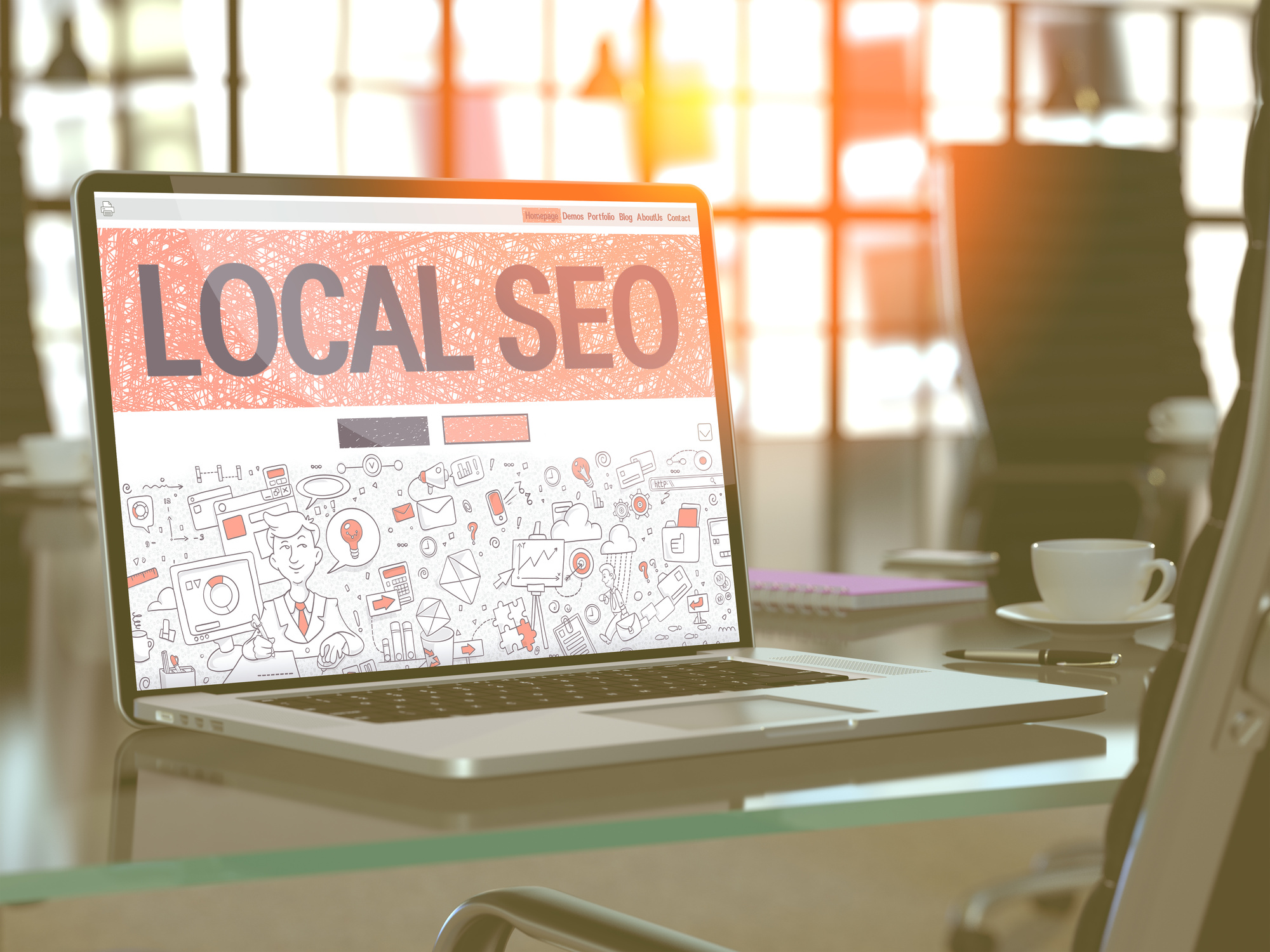If you own a small business and have begun to venture into digital marketing chances are you’ve heard or read about Search Engine Optimization (SEO) and local SEO. But you might not know how they can be used to help your business gain exposure and grow.
Where SEO is used to help your website rank higher in search engine results pages (SERP), but what if your business was only a small local business who relies on customers from the local area to stay afloat?
That’s where local SEO comes in. Local SEO does the exact same thing SEO does except it is focused more for the local audience rather than the entire online community. Local SEO is one of the best ways for a small business that is struggling to be heard and seen above the din of the competition, can finally get their voice heard and gain exposure.
Keep reading to find out exactly how local SEO services can give you the boost you need to take your business to the next level.
What is SEO and How Does it Work?
Before diving into local SEO and the best ways to get your business website ranked on local SERPs, let’s back up a bit and look at SEO and how it works. The biggest part of local SEO, after all, is SEO.
SEO stands for search engine optimization. It’s just as it sounds, SEO is all about optimizing websites and content for search engines. Google uses an algorithm for ranking websites based on the use of keywords throughout the content. Too many instances of the same keywords being used will hurt your ranking though, and so will not using the keyword enough.
SEO, Keywords, and SERPS, Oh My!
SEO may seem complicated and scary, but the truth is it’s not as bad as all that. Keywords are not some elusive snitch in the middle of a Quidditch match (digital marketing campaign) that only the seekers (SEO experts) can catch (identify as high traffic words and plug into content).
…Okay, maybe it is similar to Quidditch.
Anyway, it’s still not as bad as it seems. Those scary and mystifying keywords are the same words that your target audience is using to find similar products or services that you offer.
Which a little research using SEO tools like Ahrefs and Google’s Keyword Tool in their Adwords app. You can identify which words receive the most traffic with the lowest competition.
From there it is all about knowing how Google’s algorithm likes to see those keywords plants throughout the content. For example, currently, Google SERP wants to see the primary keyword in the intro, conclusion and at least one header in the body of the article.
Secondary keywords should be placed throughout the rest of the content. All instances of keywords (whether primary or secondary) must sound natural and be contextual with the rest of the content.
Using keywords like this will help to increase your websites ranking on search engine results pages (SERPs). The SERP is the page you see when you enter a search query into the Google search box and a page appears with a list of websites.
Those websites are ranked based upon their SEO and local SEO.
Local SEO Services Breakdown
As mentioned the difference between SEO and local SEO is that local SEO is geared more towards targeting local audiences rather than the online community as a whole. There are a few local ranking factors that go into local SEO.
Google recognizes when a user is searching for local results and when they are not. It infers this by determining if a web search is looking for webpage-related results or place-related results.
Webpage-Related results would be those displayed when searching for “fixing a dishwasher,” whereas a place-related result follows a search like “furnace repair.”
Google can infer from the latter search that the user is most likely looking for local businesses to come to repair their furnace. However, in the first search, Google can reasonably infer the user is searching for web pages about furnace repair in order to do it themselves.
Once the inference has been made Google uses its algorithm to rank the results for the user. Be aware here that there are two different algorithms Google uses. One is for generic search results where websites compete against all other websites on the internet. And, an algorithm for local search results to display local stores and businesses for users.
Google My Business
Google my business is a tool companies can use to tell Google about their business, where they are located, what their company is about, contact information, and hours of operation.
One of the keys to Google my business is to not overstuff with keywords. Don’t try to optimize the information you fill out. Simply enter the information as it is.
Citations
Citations are mentions of your business online and may or may not include a link. There are certain citations that are more important than others, one of them being consumer directories.
These include websites like Yelp! and YP.com, which offer a much better chance of boosting your ranking than a website nobody has ever really heard of. Utilizing a local citation finder can help you identify these high-value directories and ensure your business is listed accurately, further enhancing your local SEO efforts.
Reviews
When it comes to reviews it’s not just about having few or no bad reviews, it’s also about how your business handles a bad review. Do you engage with the customer professionally in an attempt to resolve whatever issue they have? Do you leave a comment on the review with a customer support number to contact you and resolve the matter?
The answer you should be doing all those things. Reviews can boost or degrade a business in moments. Be active with your reviewers and customers and control the image your company puts out to the world.
Wrapping Up Local SEO Services
Local SEO services are all about targeting your audience in your local area. Google my business, Yelp!, and SEO are all great ways to help boost a businesses rankings on SERPs.
Remember to not overstuff keywords throughout your content, pages, and blog posts, also don’t optimize your Google my business, and maintain control of and be actively involved with your reviewers and customers.
If you have questions about local SEO and would like more details on how it could benefit your company check out our SEO blog posts today!



